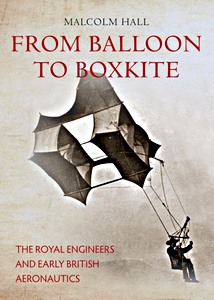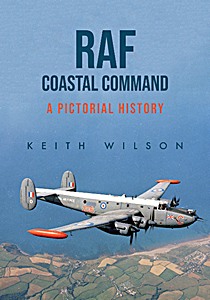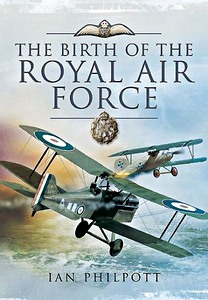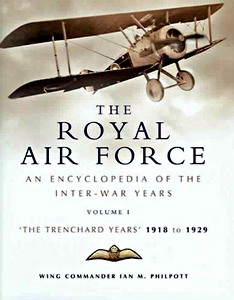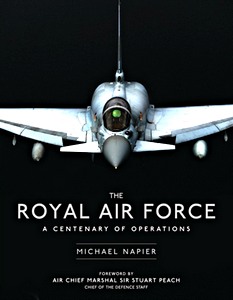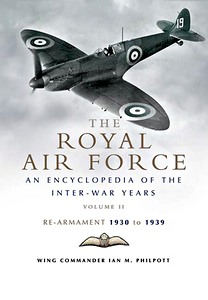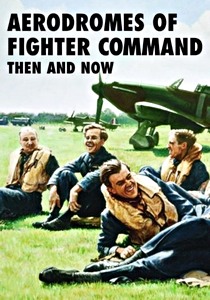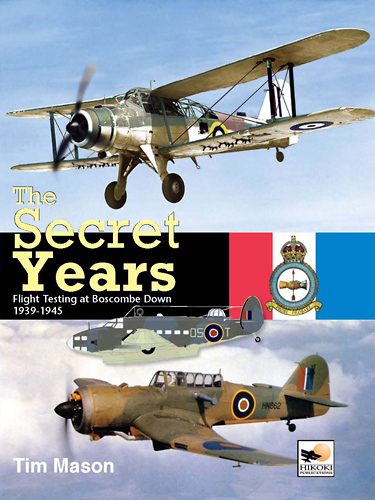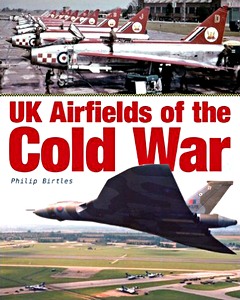Royal Air Force 100 (1918-2018) - Technical Innovations Manual
On 1 April 2018 the RAF celebrates its centenary, marking 100 years since its creation in 1918 out of the merger of the Royal Flying Corps and Royal Naval Air Service.
The RAF has always been at the forefront of technology, both as an innovator and as a user of innovations. To celebrate the RAF's first 100 years, Jonathan Falconer showcases a top 100 technical innovations that have been used and/or devised by the Service over the past century, ranging from heated flying suits to radar; and from panel fasteners to the VTOL Harrier.

From the jet engine to radar, from the ejector seat to the bouncing bomb, the Haynes Royal Air Force 100 Technical Innovations Manual contains a double-page spread on each innovation or technological advancement, detailing its development, history and its use. Over 300 photographs and drawings help bring each one to life.

Szczegóły
| Autor: | Jonathan Falconer |
|---|---|
| Wydanie: | 224 strony, 27.5 x 21.5 x 2 cm, twarda oprawa |
| Ilustracje: | bogato ilustrowane, zdjęcia czarno-białe i kolorowe |
| Język: | angielski (słownik techniczny angielsko-polski jest dostępny do pobrania bezpłatnie tutaj) |
| Wydawca: | Haynes Publishing (GB, 2017) |
| ISBN: | 9781785210846 |

Royal Air Force 100 (1918-2018) - Technical Innovations Manual
Język: angielski
Sprawdź cenę, dostępność i recenzje na Amazon
Zamów na Amazon PLZamów na Amazon DE

